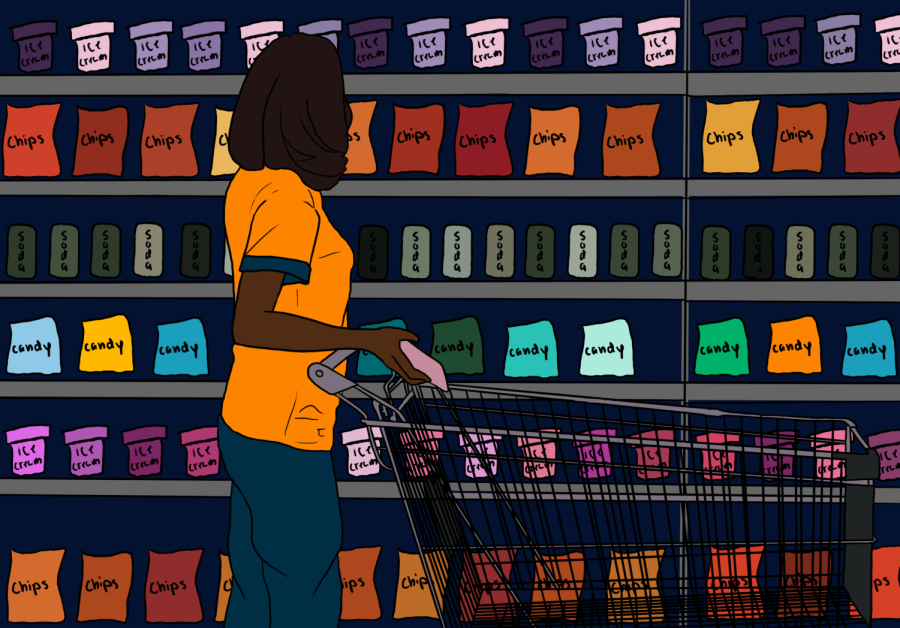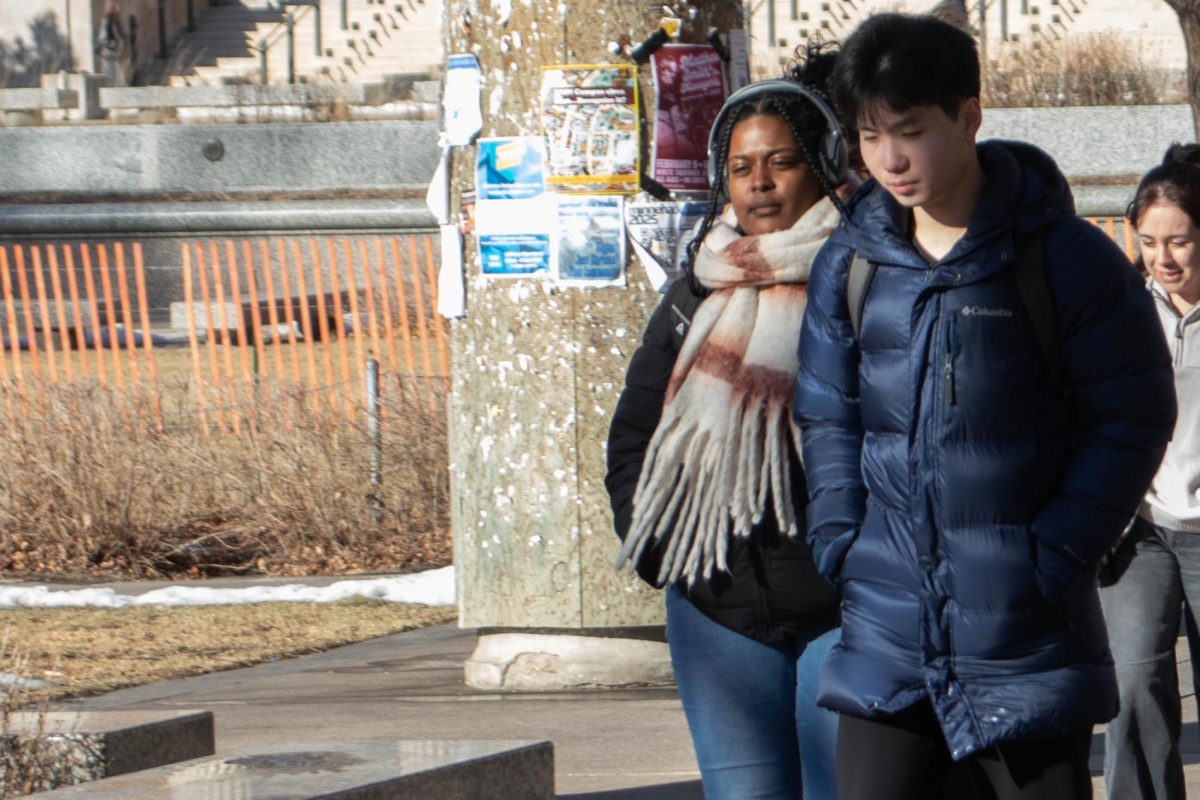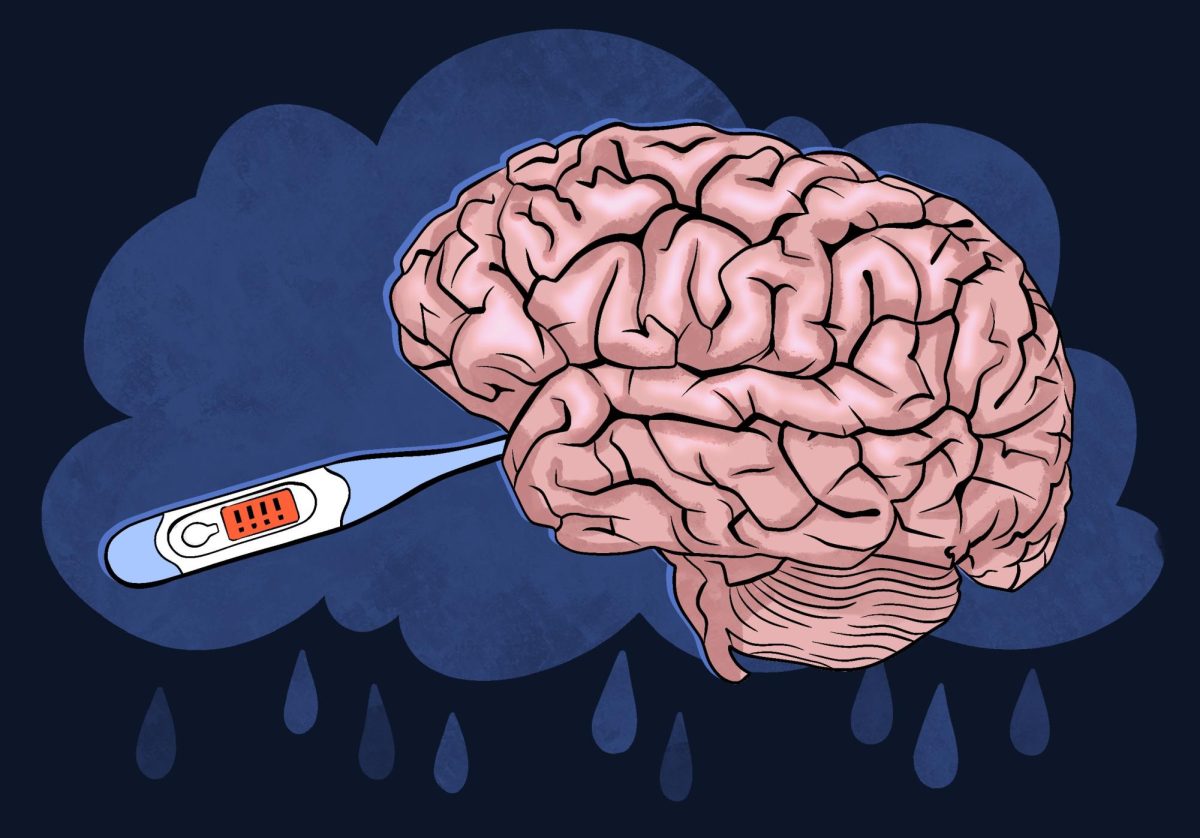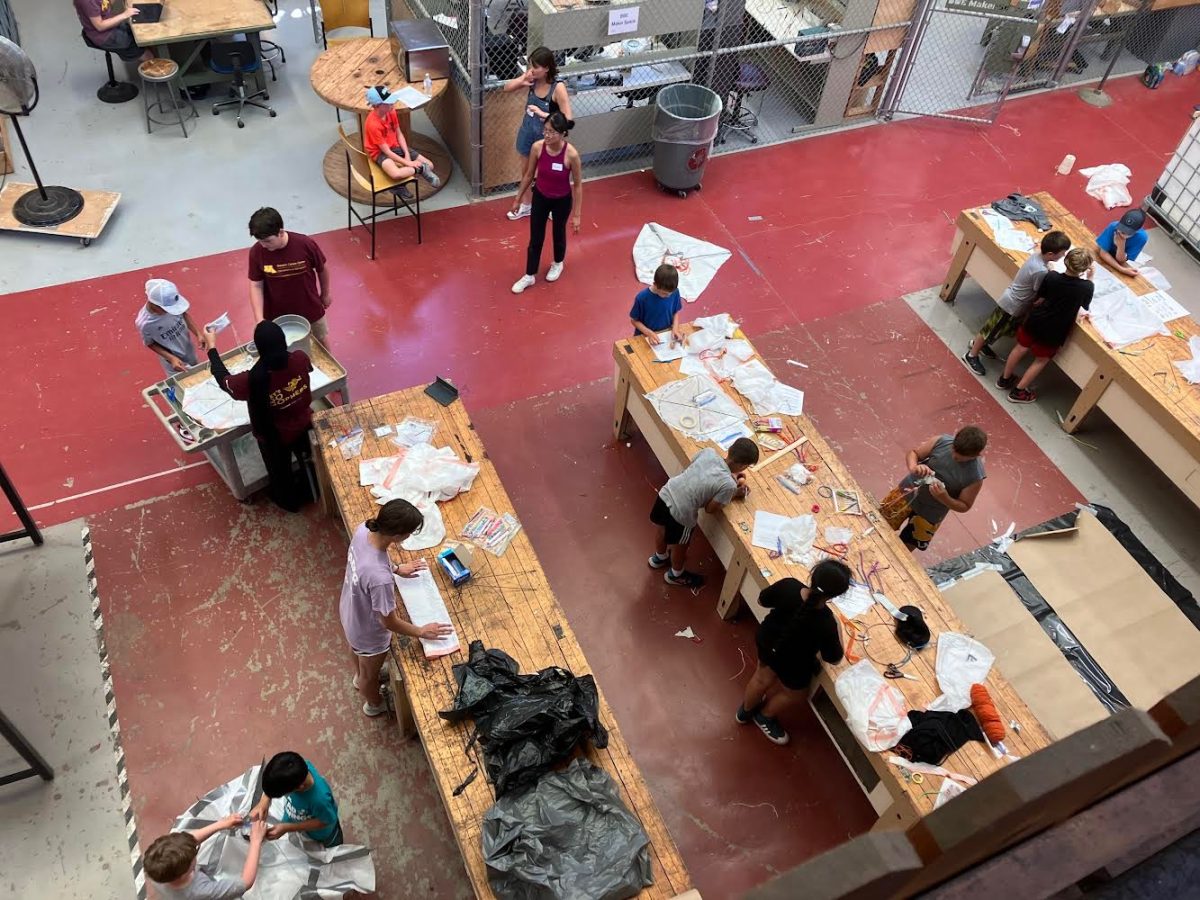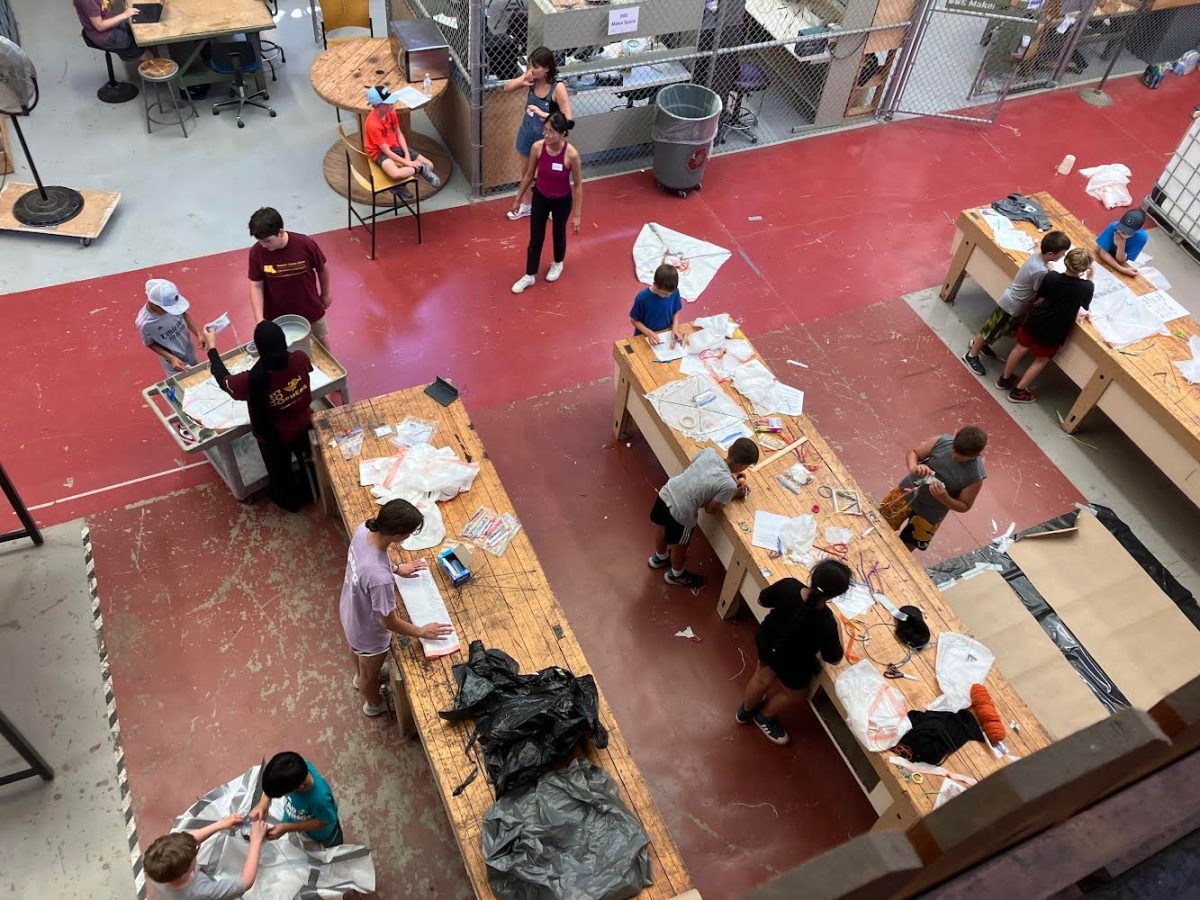The University of Minnesota’s Coffee from the Ground Up class teaches everything from the history of coffee to its processing and brewing.
The class is a freshman seminar exploring coffee’s origins and involves hands-on brewing experiments for students. Topics covered include the geography, biology, breeding and sustainability of coffee.
Class instructor Rex Bernardo said the class’ primary goal is for students to develop an appreciation for a product that seems so simple, yet has so much complexity.
The class discusses both the coffee plant and drink, including their origins and how coffee is produced and processed, Bernardo said. The second half of the course includes a lot of brewing experiments.
Bernardo said he shows videos of coffee being produced, grown, picked and processed from Central America so students can see how coffee is picked by hand and transported.
The brewing experiments involve exploring the influence of water temperature, the coffee’s acidity — which is measured by the ratio between the amount of coffee and water — and the concentration of solids in the coffee, Bernardo said.
“Out of the 14 meetings we have, we brew coffee maybe 11 or 12 times,” Bernardo said. “At each table, we have equipment to brew a small batch of coffee, and then we taste it.”
During the first half of the semester, Bernardo said the class also does a variety of coffee tastings where he brings in coffee from around the world along with different species of coffee such as light, dark or medium roasts.
“We also visited a roastery in town the other day, so students got to see a small coffee operation and how coffee is roasted,” Bernardo said.
Ally Leitch, a first-year student in the class, said the part she has enjoyed most so far has been brewing, tasting and talking about coffee with classmates.
Teamwork is a core component of the class to set first-year students up for their upcoming years in college, Bernardo said. There is a competition at the end of the semester where students brew their own coffee in teams.
“Each team is to choose coffee grown in some place and brew it in a certain way,” Bernardo said. “Then, there is a panel of judges, like you would see in a cooking show, where they taste the coffee and make their decisions after the students give a spiel on their coffee.”
Bernardo said there is also a “people’s choice” aspect to the competition where students taste each others’ coffee blind.
Trent Risser, another first-year student in the class, said students will also be able to pick what elevation the coffee comes from since it can affect the taste.
“There are two main kinds of coffee, which are arabica and robusta,” Risser said. “Arabica grows about 2,000 meters above sea level, and robusta grows below 1,000 meters above sea level.”
Leitch said students also create their own vlogs about a coffee place they enjoy.
Bernardo said these vlogs aim to help students get out of their comfort zone while developing video communication skills.
The class will watch a documentary on Starbucks to explore its success while examining the company’s sustainability and fair trade issues, according to Bernardo.
“If you buy a cup of coffee for $2.50, about one cent goes back to the grower,” Bernardo said. “You might say, ‘Wow, that is a very small amount,’ but you also need to think about how 99% of a coffee cup is water, so maybe that one cent does not look too bad anymore.”
Leitch, who is also a Starbucks barista, said she never thought about the actual process the coffee bean goes through before taking the class. She said the class has given her a newfound respect for coffee.
“The little things about how coffee is grown, how specific it has to be and the different factors that make the beans taste different really opened my eyes,” Leitch said. “It honestly made me like black, hot coffee more because it is cool to think about what made the coffee taste like this.”
Kenzie Kuhagen, a first-year student in the class, said she also finds it interesting how so many things go into both growing and making coffee.
“I definitely have more of an appreciation for it now because coffee is such a big part of everyone’s lives, and you don’t realize how much work goes into it,” Kuhagen said.




